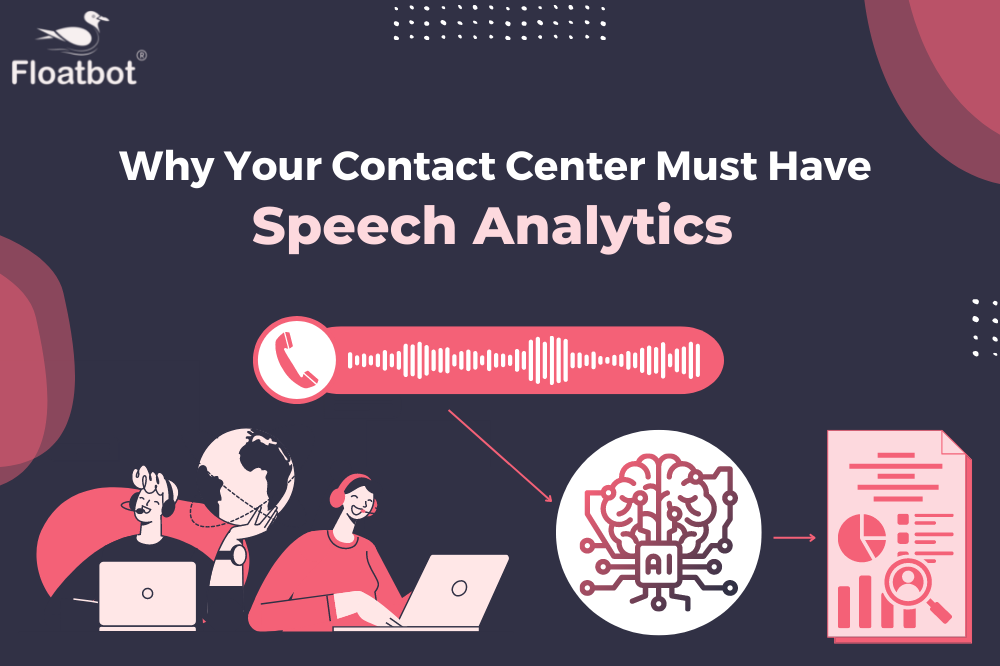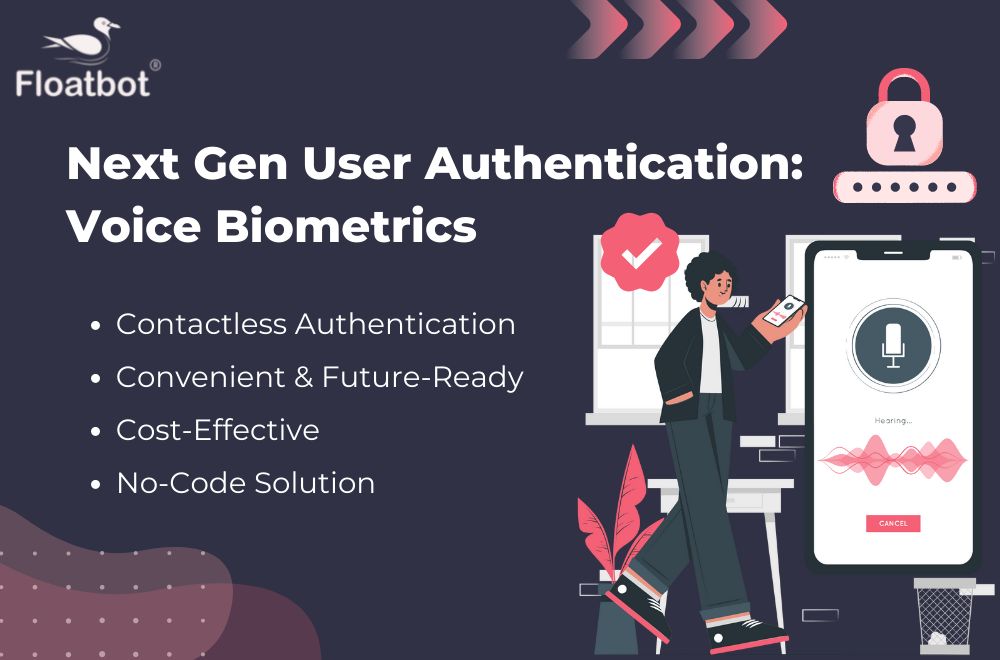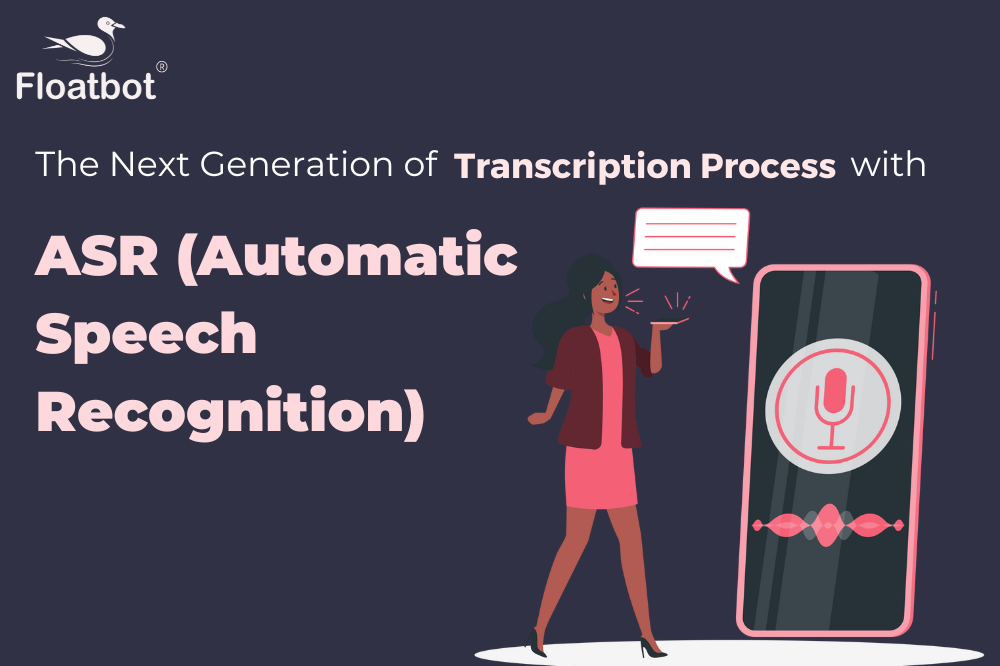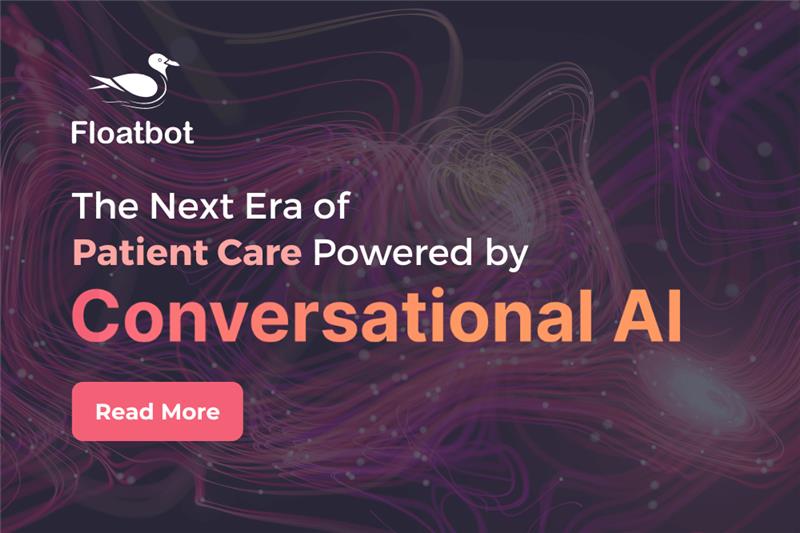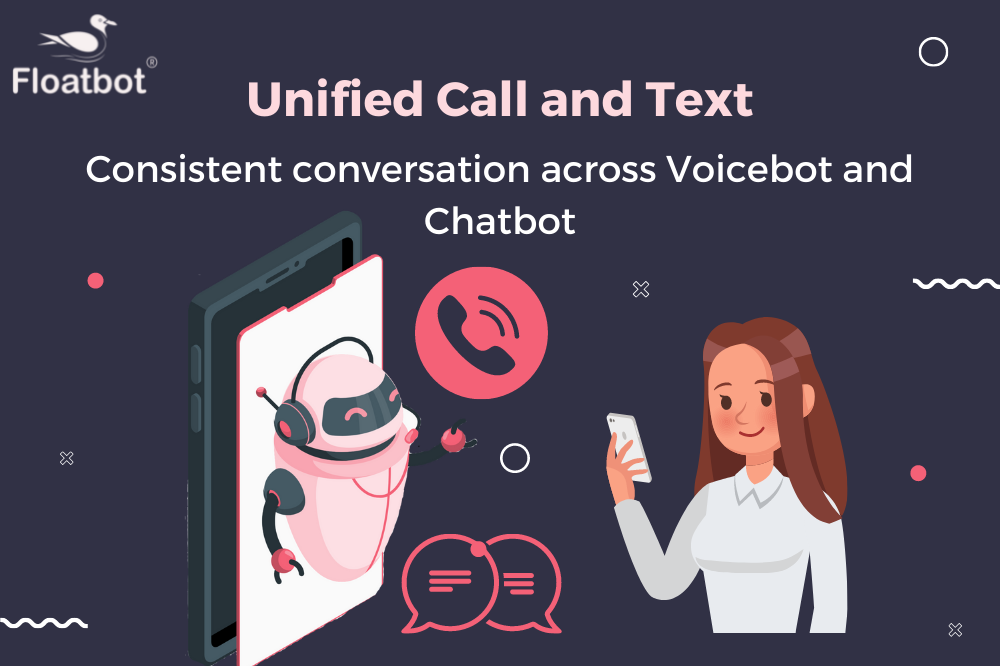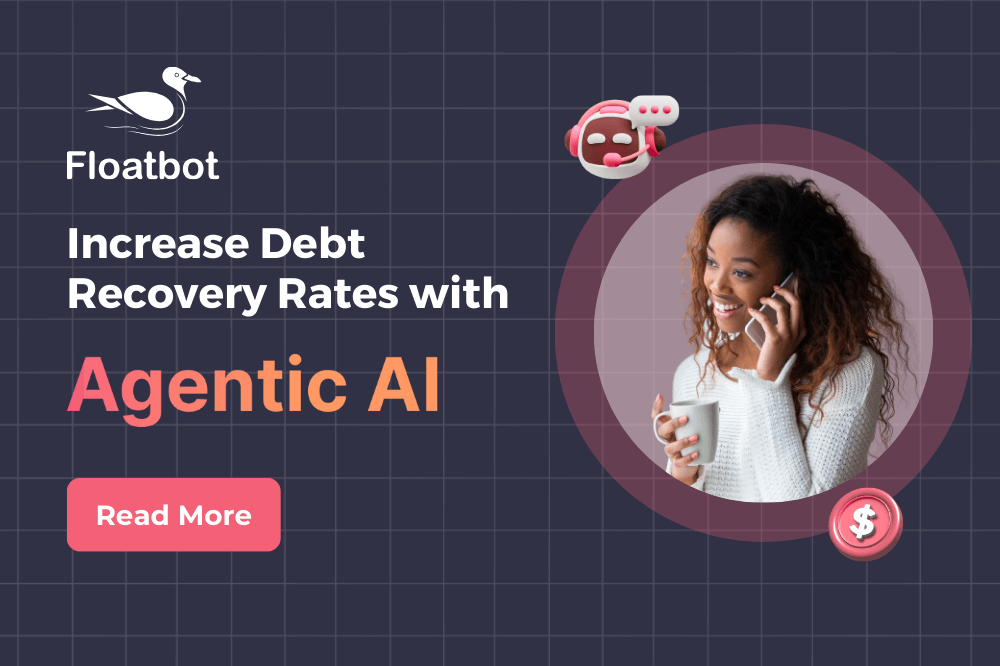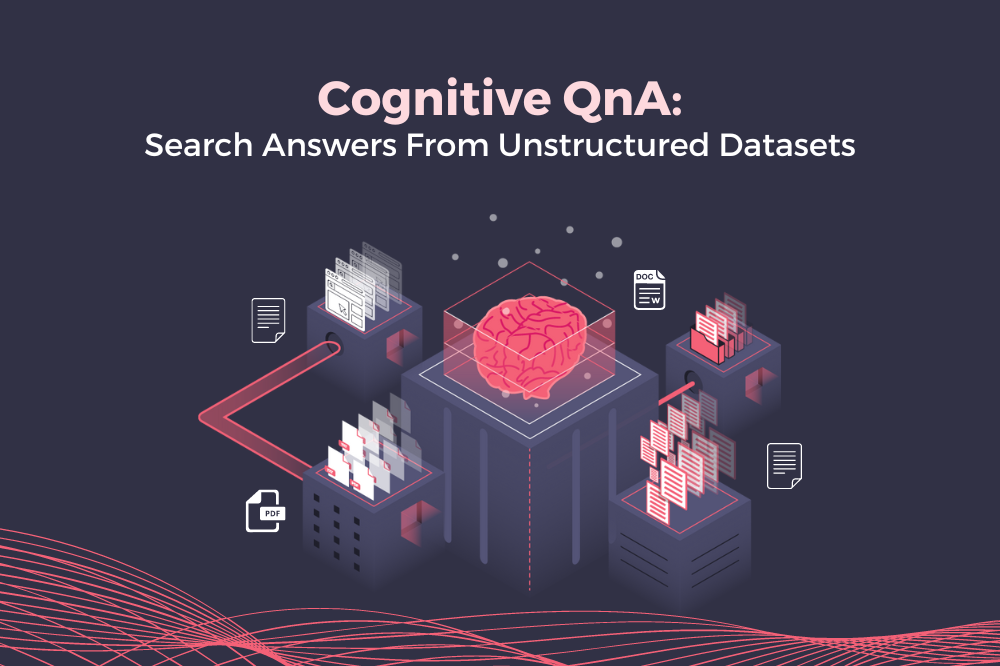
What is Cognitive Search?
Cognitive search is a search technology that involves artificial intelligence (AI) and natural language processing (NLP) to improve search results by understanding the intent behind a user's query and providing more relevant and personalized results.
Cognitive search goes beyond traditional keyword-based search by analyzing the meaning of words and their context to interpret the user's intent. It also takes into account a user's past behavior and preferences to offer personalized results. Developers can build search applications using cognitive search which in turn can be embedded with other business applications.
Cognitive search can be applied to a variety of use cases, such as enterprise search, e-commerce, customer service, and healthcare, to name a few. By providing more accurate and personalized results, cognitive search can improve productivity, reduce search time, and enhance the user experience. This can specially benefit to support agents to provide relevant information in less or no time. Now cognitive search is improved using Large Language Models, commonly known as RAG (Retrieval Augmented Generation) powered Cognitive Search.
What is RAG Cognitive Search?
Retrieval Augmented Generation is a technique that enhances the capabilities of Large Language Model such as ChatGPT by adding it to grounded data or knowledge base data. Using RAG with your knowledge base lets you control over the information utilized by LLM while replying to a query. RAG powered Cognitive search becomes crucial for your enterprise as it improves the relevance of search results by adding context to the results. The new Cognitive Search V3 update brings smarter, more robust search capabilities.
Benefits of RAG Cognitive Search
Improved accuracy: Traditional search methods involve keywords matching which can lead to irrelevant search data. Whereas RAG cognitive search uses LLMs to process user query and gives search results specific to user’s search intent. This makes the search data more accurate as compared to traditional method.
Time-saving: RAG Cognitive search can save time by reducing the need for users to manually refine their search queries. The technology can understand what a user is looking for, and provide relevant results without the user needing to be overly specific.
Improved user experience: With RAG cognitive approach users get faster search results in less time which leads to less frustration and irrelevant search data which in turn leads to overall improved user experience.
Personalization: LLMs can learn from a user's search history and preferences to provide personalized search results tailored to the individual's needs and interests.
Greater insight: By analyzing search patterns and behaviors, cognitive search can provide valuable insights into user behavior and preferences, which can be used to improve products, services, and user experiences.
Overall, RAG cognitive search can help users find the information they need more quickly and accurately, leading to improved productivity, a better user experience, and valuable insights into user behavior and preferences.
How RAG cognitive search works?
Here are the basic steps involved in how a cognitive search engine works:
- Data acquisition: The cognitive search engine gathers information from various sources, including internal and external databases, websites, social media, and other repositories.
- Natural language processing: The search engine analyzes the user's query using natural language processing (NLP) techniques, such as syntax analysis, entity recognition, and sentiment analysis. This helps the search engine understand the user's intent, including the meaning of the query and the context in which it is being used.
- Machine learning: The cognitive search engine uses machine learning algorithms to identify patterns and relationships within the data. This helps the search engine better understand the content and context of the search query.
- Relevance ranking: Based on the analysis of the query and data, the cognitive search engine ranks search results by relevance, taking into account factors such as the user's search history, popularity of the content, and other relevance indicators.
- Personalization: Cognitive search engines also use personalization techniques to provide search results that are tailored to the individual user, based on their past search behavior, preferences, and other factors.
- Generative AI: Based on the data fed to the AI engines, it generates its own response depending on user queries.
Overall, the goal of a cognitive search engine is to provide the most accurate and relevant search results possible, by understanding the meaning and context of the search query, and using machine learning to identify patterns and relationships within the data.
Cognitive search use-cases
Cognitive search can have multiple use-cases in almost all the sectors.
- Enterprise search: Cognitive search can be used within an organization to help employees quickly find information across multiple data sources, such as databases, documents, and emails.
- Customer support: Companies can use cognitive search to help customers find answers to their questions more quickly and efficiently. This can be done through self-service portals or can be efficiently done through a chatbot wherein users can directly search by querying in the bot.
- E-commerce: Cognitive search can be used to provide personalized product recommendations and help customers find what they're looking for more quickly. It can also be used to improve product search functionality by understanding synonyms, misspellings, and other variations of search queries.
- Human resources: HR departments can use cognitive search to quickly find employee information, such as resumes, performance reviews, and training records. This can help HR professionals make better-informed decisions about hiring, promotions, and performance management.
- Financial services: Banks and other financial institutions can use cognitive search to quickly find customer data, financial reports, and regulatory information. This can help improve compliance, reduce risk, and provide better customer service.
- Agent training and coaching: Cognitive search can also be used to provide agents with training and coaching materials, such as training videos, support documentation, and best practices. This can help agents improve their skills and provide better support to customers.
- Improved customer experience: By providing agents with relevant information and insights about the customer, cognitive search can help agents personalize their interactions and provide better customer experiences. This can help increase customer loyalty and reduce churn.
- Improved first contact resolution: By providing agents with relevant information at the point of contact, cognitive search can help improve first contact resolution rates. This means that agents are able to resolve customer inquiries during the first interaction, without requiring follow-up calls or emails.
FLOATBOT's RAG Powered Cognitive Search
Floatbot is a no-code platform where you can build your DIY bot with cognitive capabilities. You can upload your document from bot studio and voila you will have cognitive capabilities in your bot. Once documents are uploaded, no need to train AI on the documents, no need to update answers or no need to improvise the bot. Bot self-learns based on the documents.
You can add cognitive capabilities into any of your customer or agent facing bots. Signup now and try cognitive search now.

